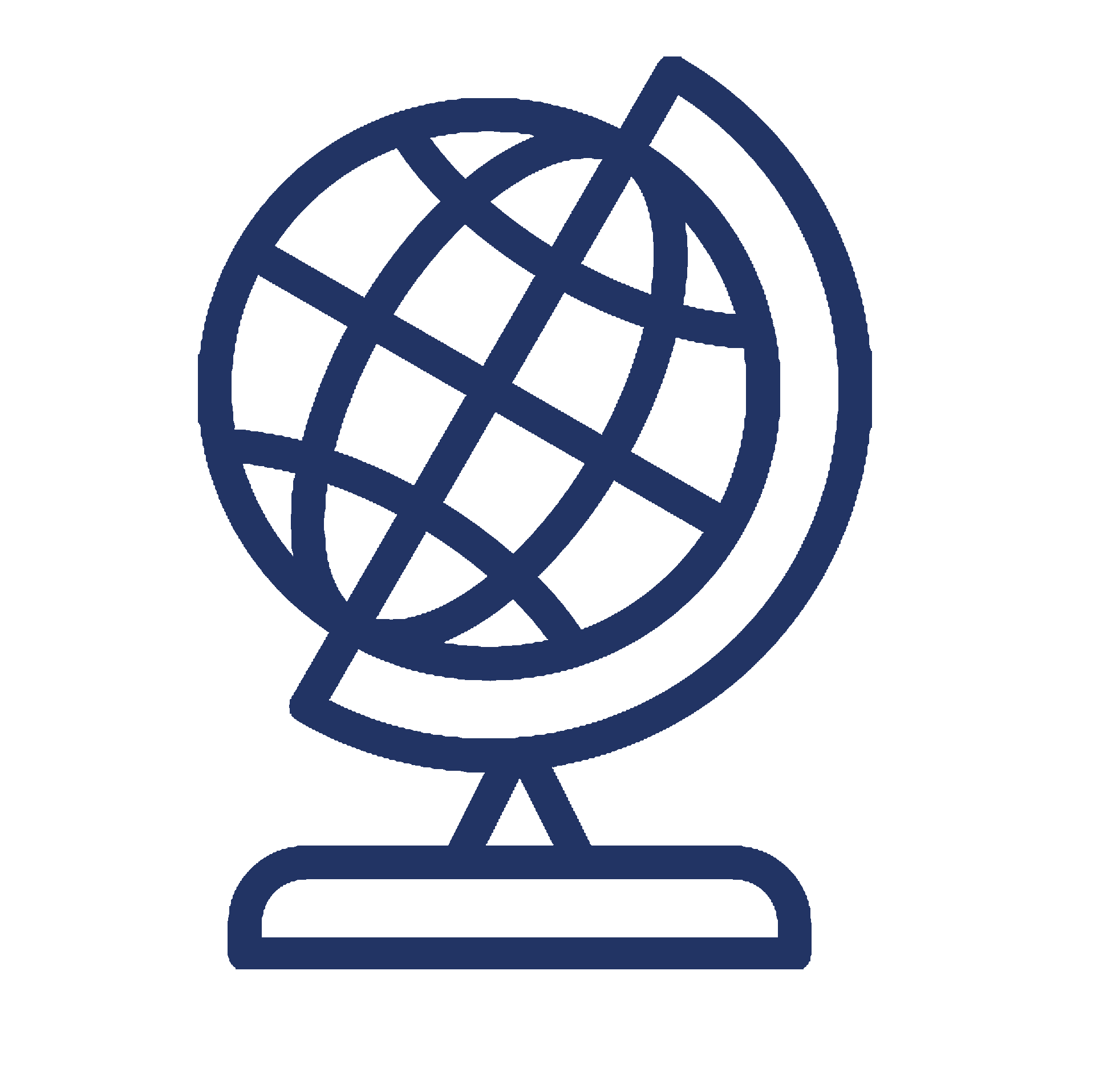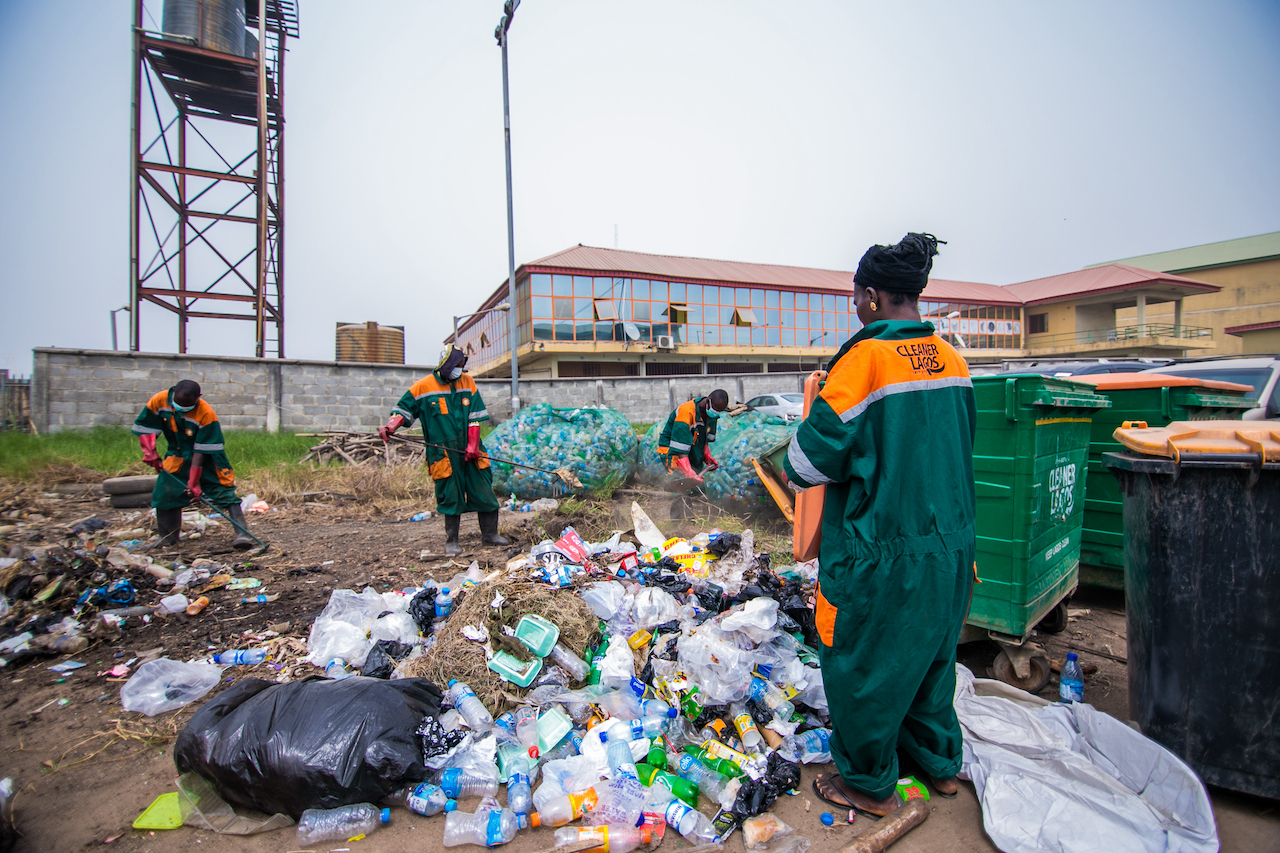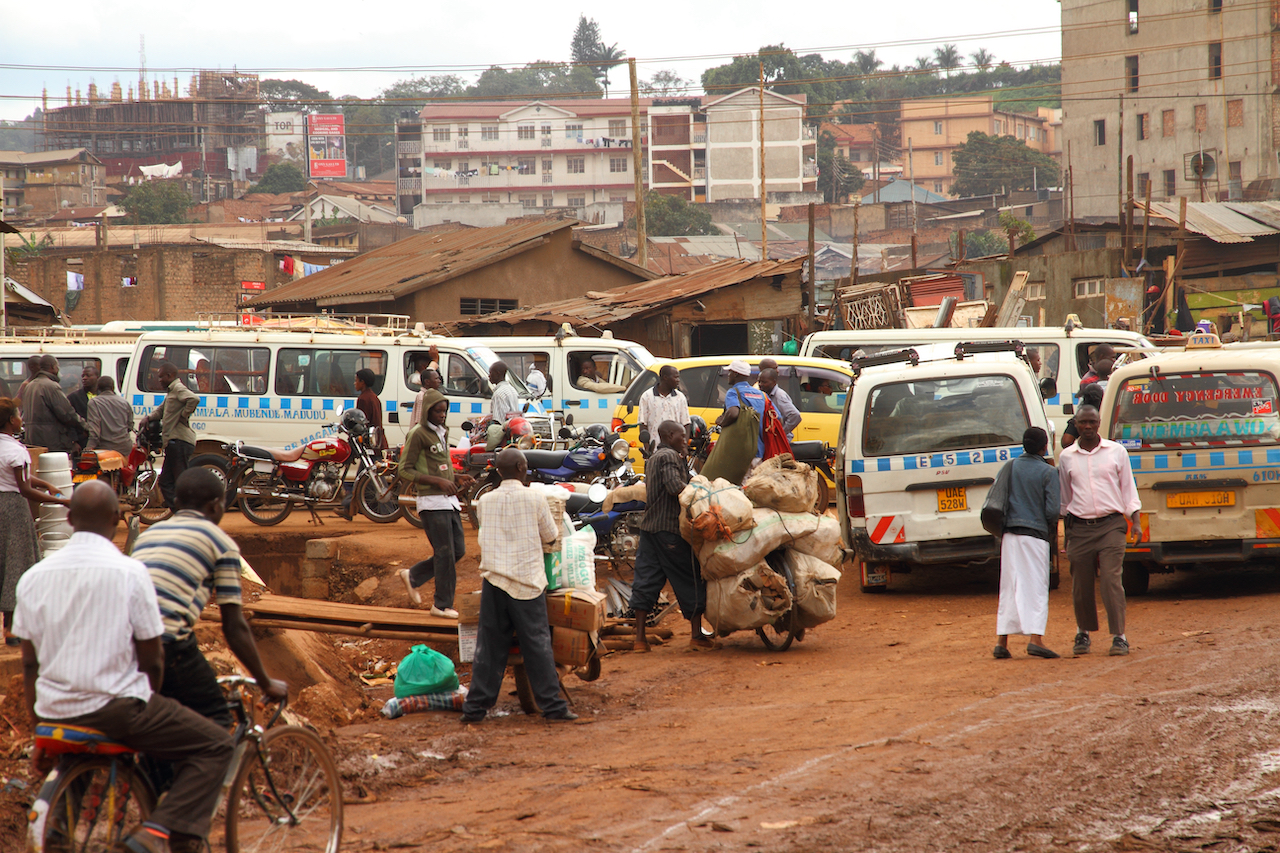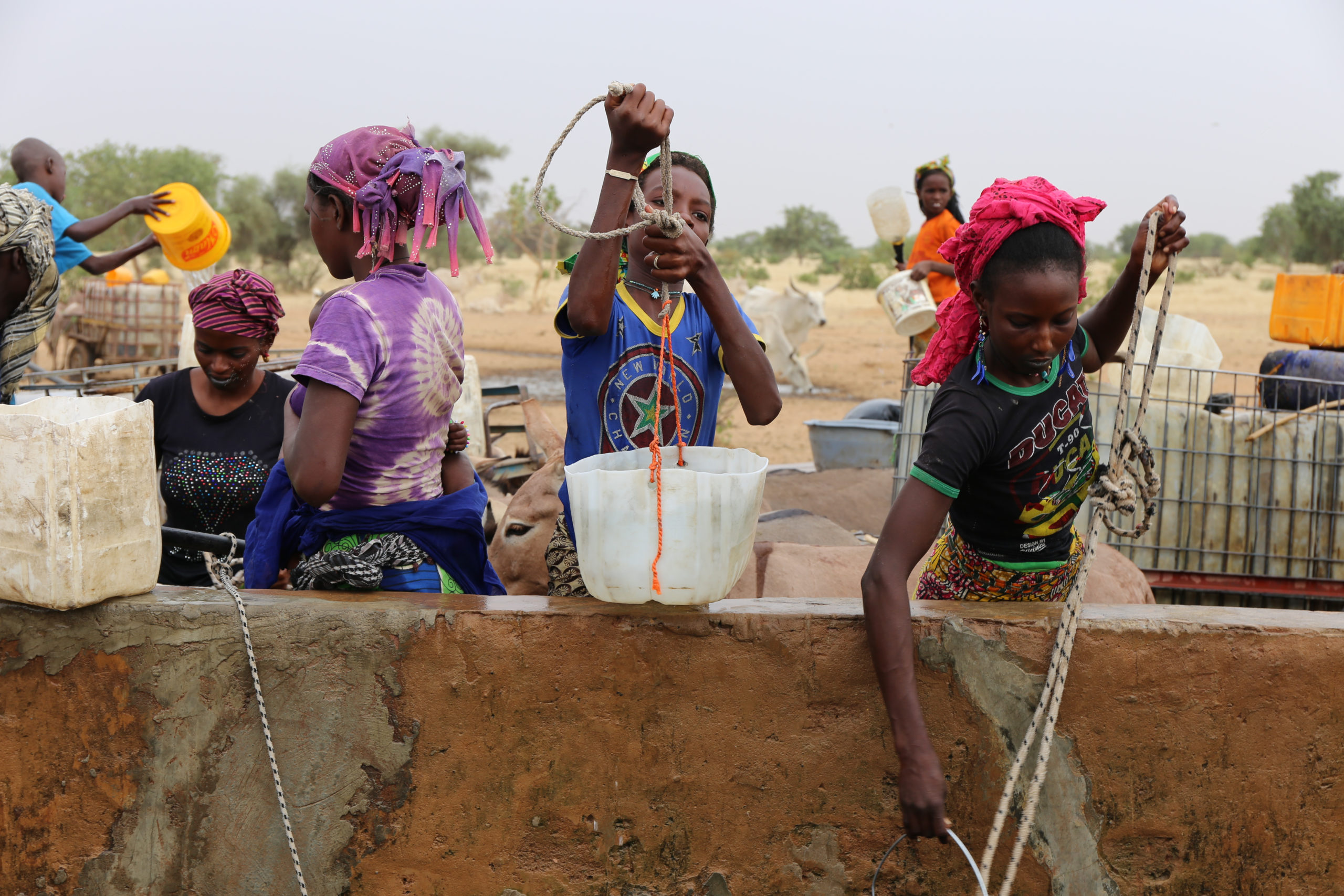(Re)sources wishes to establish a dialogue by organising regular debates aimed at highlighting local initiatives and giving impetus to solutions that are part of a dynamic of economic progress and social inclusion.
(Re)sources aims, through these meetings, to propose concrete solutions in the field of access to essential services - water, sanitation and electricity - for those forgotten by development by producing, in particular, pleas to be shared with water stakeholders and disseminated in international forums.
The network supports legal concepts that contribute to the defence of human rights and integrates the issues of urban pressure and climate change in its positions.
(Re)sources strives to bring out local initiatives in favour of better access to essential services for those forgotten by development. Its ambition is to multiply feedback and the sharing of best practices in the search for concrete and sustainable solutions.









